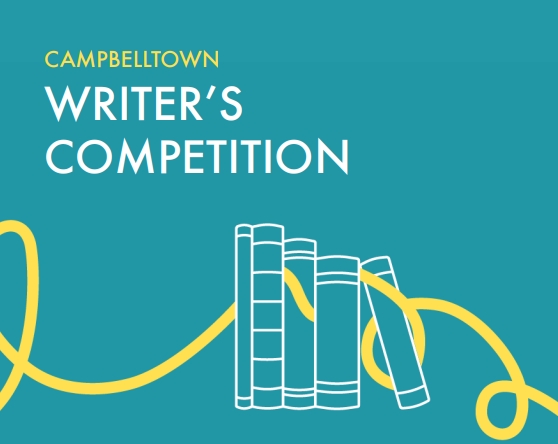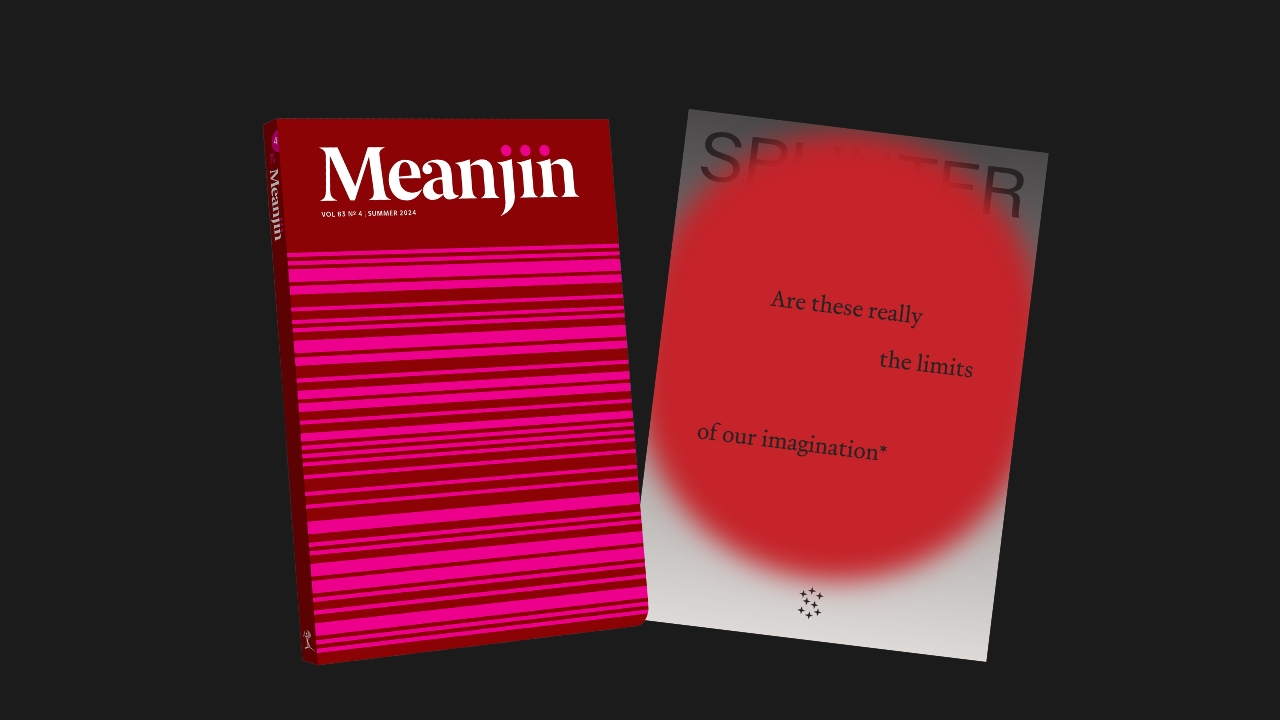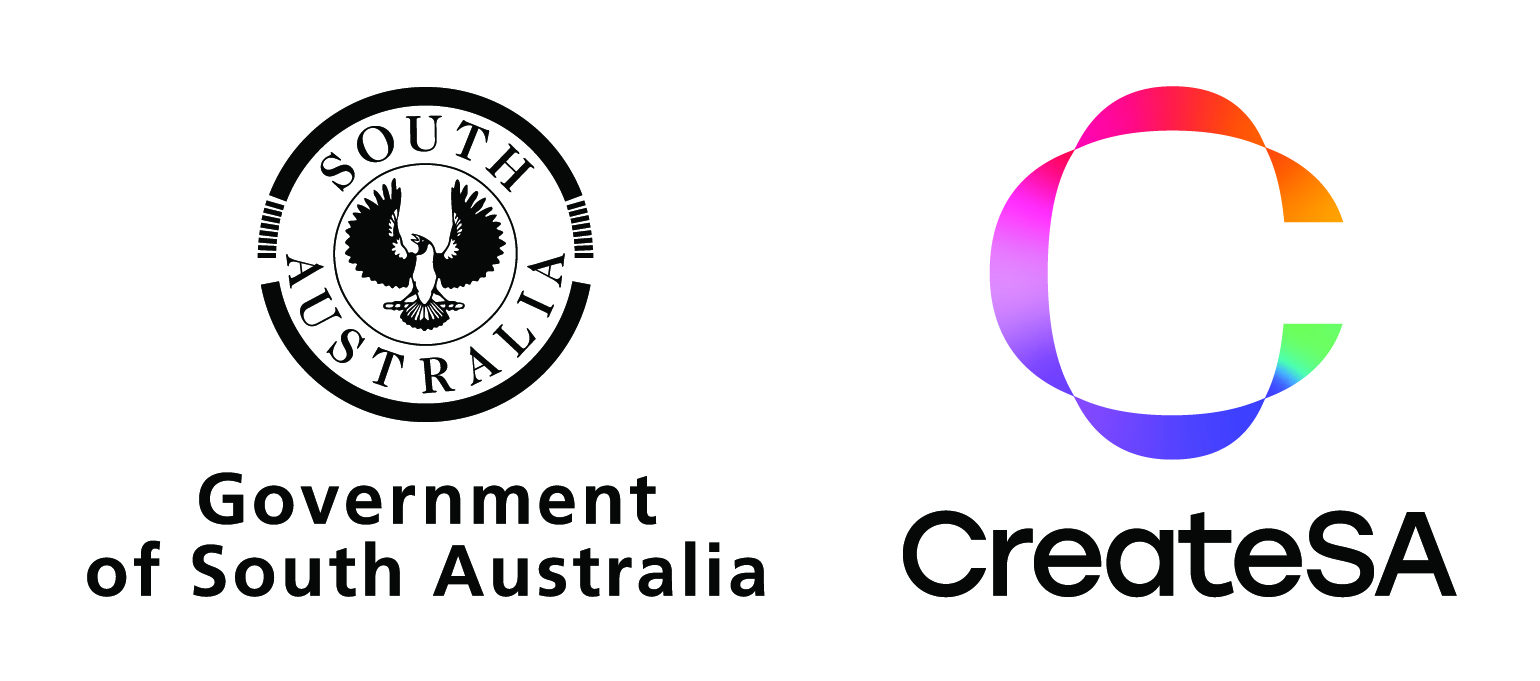By Kevin O’Brien
Why not join us for the Fiction Feedback focus group?
I should start this blog post by saying that good editors will ask you more than five questions about your novel, but I’ve chosen the following issues in particular as they can be the hardest to fix if left until the end of the writing–editing process.
It’s not going to be your main aim as an author to please an editor, of course, or to make an editor’s life easier (although the editor will love you for it if you do), but it’s always good to anticipate some of the editor’s questions. That’s because you and the editor have a common goal: to make your novel the best version of itself it can possibly be. The questions an editor asks of your manuscript are the same that you should ask of it, rather than leaving a prospective agent or publisher, or the end reader, to do so.
Sometimes, these questions have to be set aside until you have enough of an idea of the story you want to tell for your own revisions to begin. Then, it can be hard to know where to start. So please don’t be dissuaded by these lines of enquiry. They are intended as suggested starting points for self-editing, as well as potentially problematic end points:
- Does your novel have any problems at the level of the narrator, in terms of consistency of voice and how much the narrator knows?
For example, is your narrator mainly invisible and faceless but then seems to develop a ‘personality’ at various points? Is your narrator a character within the story he or she is telling but also privy to the other characters’ innermost thoughts and feelings? This would need to be explained in some way if so. - Does your novel’s structure and length suit the story you are trying to tell?
Readers will anticipate structure in any story and base certain expectations on it. If the book opens with a prologue, is there an epilogue, or is the action of the prologue returned to in the main story somewhere (without being repeated word for word)? If the first two chapters of the book are narrated from two different points of view, do the other chapters continue in this vein? Good structure is about managing the reader’s expectations (and this also applies to the length of the story: does it feel too long or too short?). - Do all of your novel’s characters serve a purpose?
A novel can reflect reality, but it is not reality. As it has been constructed to serve a particular purpose (telling a story), all of its elements are usually expected to contribute to that purpose, including characterisation. - Is the plot as successful and satisfying as possible?
Are the events of the novel and motivations of the characters believable? Are there any loose ends that need tying up? How is the pace throughout? Are there turning points and climaxes? Do these come at appropriate times in the story? - Have you done enough copy-editing (particularly in terms of grammar and punctuation) to make your meaning clear enough to facilitate editing?
If not, you will likely be bombarded with queries at the editing stage (politely asking ‘What do you mean?’) or there might not be an editing stage, unless you commission one yourself, because your writing is perceived as requiring too much work. Where your meaning is sufficiently clear, of course, errors in spelling, grammar and punctuation are part of the editor’s job to fix.
If you’re ready to edit for your life, why not attend The Editor’s Hat workshop on 6 December?
Kevin O’Brien is a freelance editor based in the Adelaide Hills, with clients including Pan Macmillan, Hachette, Random House, UQP, Black Inc., Allen and Unwin and Penguin. Some of the novelists he has worked with are Kate Forsyth, Gregory Day, Peter Rix, Jacqueline Lunn and Jenny Bond. He runs workshops for fiction writers, and editing and Microsoft Word courses for publishing students and professional editors.







